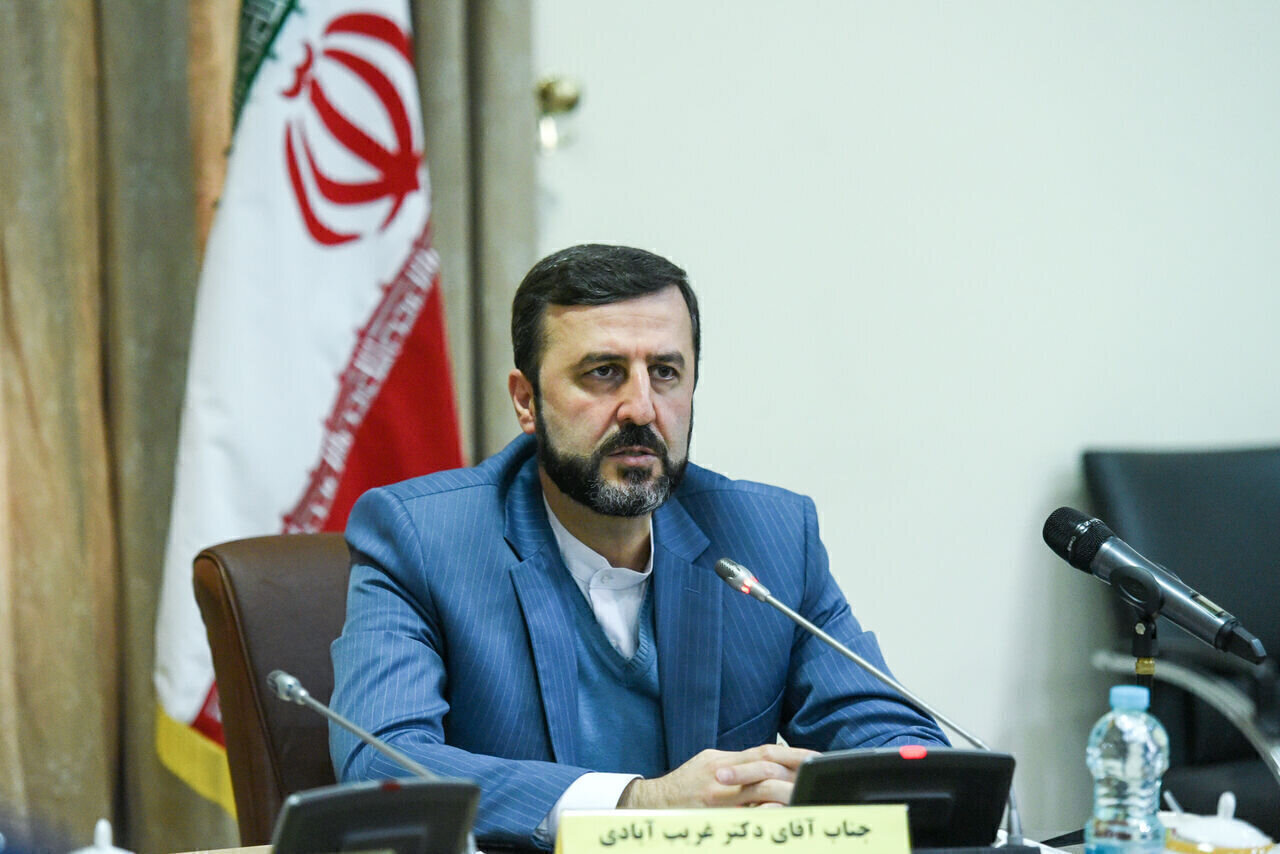Iran to take legal action against harassment of voters abroad

TEHRAN – Iran's Judiciary has announced its intention to take legal action against individuals who harassed Iranian citizens attempting to vote in the June 28 presidential elections.
Kazem Gharibabadi, Deputy for International Affairs of the Judiciary, stated on Wednesday that criminal charges will be pursued against anyone —whether Iranian or non-Iranian— who insulted, threatened, or assaulted Iranian nationals in an effort to prevent them from participating in the election process.
The announcement follows a condemnation by Iranian Foreign Ministry Spokesperson Nasser Kanaani, who on Monday denounced the incidents of harassment and intimidation faced by Iranian voters abroad.
Kanaani's remarks, made via a social media post, criticized the use of threats and vulgar language by opponents of the Islamic Republic, describing these actions as "ugly behavior."
"These self-proclaimed defenders of citizenship rights, human rights, and democracy will be judged by the Iranian nation," Kanaani asserted.
The issue gained further prominence after Iran filed an official protest with the British government, highlighting attempts by anti-Iranian elements outside polling stations to disrupt the voting process.
Ali Matinfar, Iran's chargé d'affaires in London, revealed on Sunday that the Iranian embassy had sent a message to the UK Foreign Office expressing strong condemnation of the actions of anti-Iran elements who disrupted voting on June 28.
Gharibabadi elaborated on the Judiciary's stance, noting that a thorough investigation will be conducted, and those found guilty of attempting to undermine the electoral process will face appropriate legal consequences. This move aims to safeguard the integrity of the voting process and ensure that all Iranian citizens, regardless of their location, can exercise their right to vote free from intimidation or coercion.
On June 28, thousands of Iranians living in Britain visited polling stations in cities including London, Manchester, Birmingham, Newcastle, Glasgow, and Cardiff to cast their votes. Outside these polling stations, they were subjected to verbal, physical, and sexual abuse by anti-Iran individuals.
Reports indicate that some attackers filmed themselves sexually abusing female voters, using derogatory language and making rape threats. Male voters also faced assaults from individuals linked to terrorist groups, monarchists, and separatist factions. These attackers later bragged on social media about their efforts to intimidate and dissuade voters through harassment.
Despite these aggressive actions, voting proceeded without major disruptions. UK police arrested at least six individuals involved in the attacks in Birmingham, Manchester, and London.
In an effort to facilitate participation, the Iranian government allocated 250 polling stations for the diaspora, ensuring that Iranians worldwide could exercise their voting rights.
The snap presidential election was held 40 days after President Ebrahim Raisi lost his life in a helicopter crash in Iran’s mountainous northwestern region.
